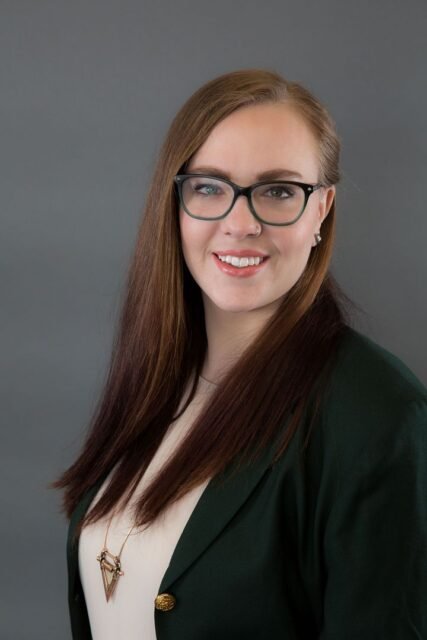From Julia Fulton

Friday, July 30th, 2021
By Julia Fulton
Fund Development Officer, Lighthouse Immigrant Advocates, since 2018
Today is my last day at LIA.
After three years working as part of an incredible team at Lighthouse Immigrant Advocates, tomorrow I make the move to the east side of the state, where I will be attending Wayne State University Law School. This is a bittersweet moment: bitter because I will deeply miss working with the team at LIA; sweet because it is the experience and perspective I have gained through my role at LIA that has prepared me for the next step of my professional career. I have learned about fundraising, nonprofit development, and the ridiculous complexities of immigration law, but the most valuable lessons are those that have fundamentally changed the way I view advocacy and systemic change. Before I sign off, I wanted to share some of what I’ve learned with you, namely my thoughts on savior mentality, self-advocacy, and leading with equity.
Savior mentality helps no one. At LIA, we provide services that, although critical, are often inaccessible to the majority of individuals who need it. Our Legal Team uses their expertise and credentials to file immigration applications on behalf of clients, but those applications cannot be submitted without clients being actively and fully involved in the process. Our team is working within the same complex, inequitable, and discriminatory legal system that our clients are facing. We cannot take every case, not every case is approved, and we are unable to help many individuals because the particulars of their situation make them ineligible for immigration relief.
“Savior complex” refers to an individual’s perceived need to “save” people by fixing their problems. (To learn more, click here.) In the nonprofit sector, it is a widespread mentality that can be embedded in the framework of an organization’s mission, and it ultimately leads to a social construct of “people who help” and “those who need to be helped.” And as skilled as the LIA team is, we are not superheroes. As difficult as it is for a stubborn empath like myself to accept it, I cannot help everyone, and I cannot fix everything. Accepting this humility-check will ultimately allow me to be the best advocate I can be as a lawyer.
You cannot be an advocate for others without advocating for yourself. Self-advocacy looks different for everyone, and for many of us it is a learned skill, one that you have to intentionally practice. Advocating for yourself looks like delegating tasks, saying “no,” not checking email during vacation, going to therapy, asking for a raise, creating and enforcing boundaries between professional and personal life, and it can even mean leaving a job. It also means investing in relationships with people who will walk alongside you and advocate on your behalf. I would not have been able to accomplish as much as I did during my time at LIA if I had not leaned on my support system of mentors, teammates, and chosen family. I am so grateful to this support system, but I also give myself the credit for embracing the help and support they offered.
Lead with equity. Always. This principle was modeled for me by my mentor Yah-Hanna Jenkins Leys when she served as LIA’s Interim Executive Director. She instilled in me the truth that if an organization wants to create equitable change in its community, equity must be present and valued within the organization itself. Put another way, if nonprofits want to respond effectively to inequities in their community, they need to start by addressing inequities within their organizations. Much of this internal work is actualized in organizational policies and procedures that are often decided at the leadership and board of directors level, yet another reason it is critical that leadership is reflective of the individuals the nonprofit is serving. LIA does this so well - and sets an example that our community will continue to look to for leadership.
I have learned many lessons during my time at LIA, but these - the ones shared here - will ground me throughout my law school years and my years as a lawyer. I am so deeply grateful to everyone who invested in me and helped me to grow in this role; this experience with LIA has truly been life-changing. I am so excited to start the next chapter of my career and deepen my understanding of what it means to be an advocate for change.
Signed,

Julia Fulton, Future Esq.
P.S. To the LIA team: I may no longer be on staff, but I will always be on your team.
